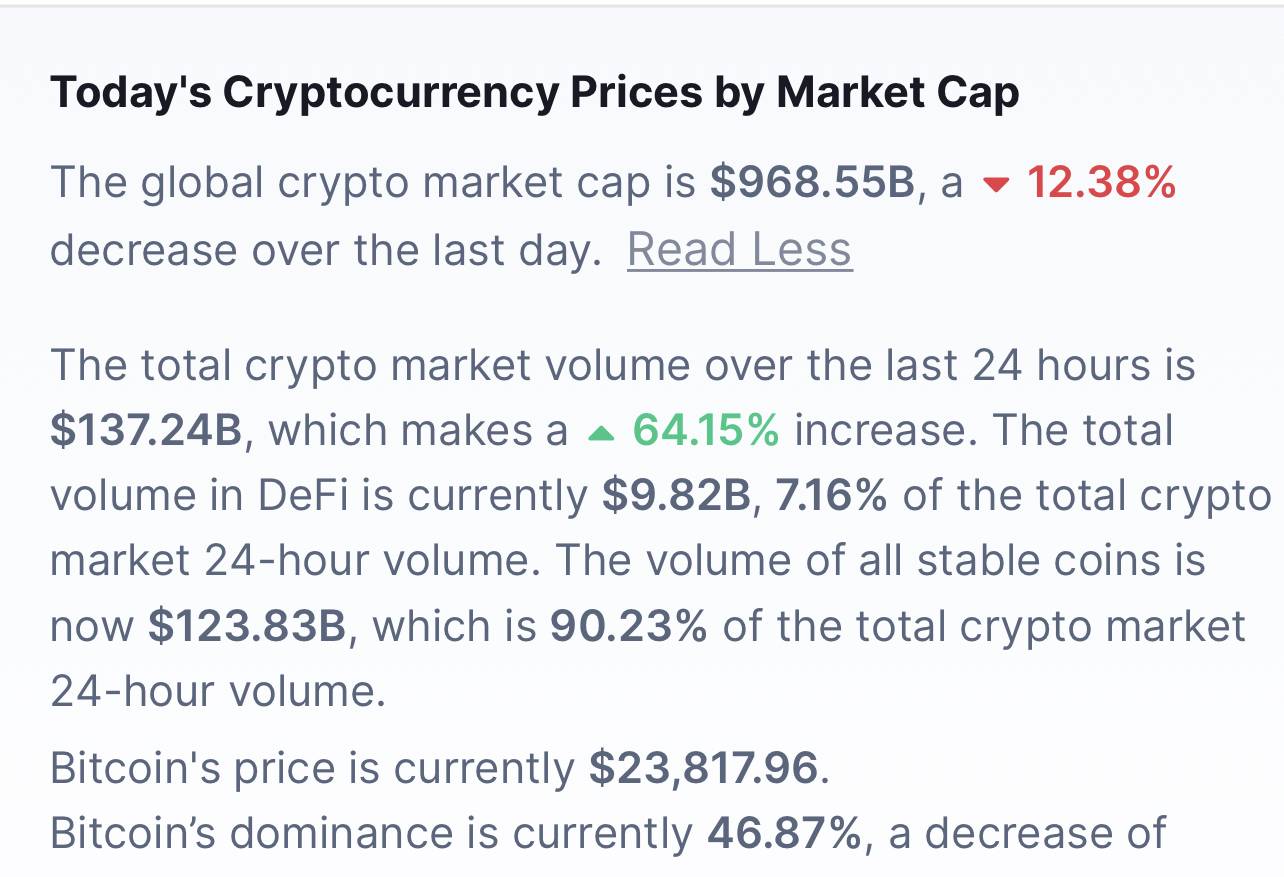Telecommunication firms (telecos) have introduced mobile money (MOMO) loans, and some of their clients have taken advantage of the chance.
While some have used the loans to launch or recapitalize their enterprises, others have accessed and misappropriated the cash, resulting in their inability to repay.
In order to avoid being tracked by the telecoms, they have ceased using their SIM cards.
The amount owing to the telecos is unknown, but reports suggest it is in the millions of Ghana cedis.
As a result, the Bank of Ghana (BoG) has recommended customers who have defaulted on their mobile money loans to repay them as soon as possible.
According to the bank, most customers believed they could get away with taking out a mobile money loan by discarding their SIM card afterward.
However, Godfred Cudjoe, the Head of the BoG's Credit Reporting Unit, noted that all people owing mobile money loans had their information recorded with the Credit Reference Bureau, "and this might damage you in the future when you really need a loan."
There is no money given out for free.
People should not believe that a mobile money loan is free money or that they can get away with borrowing and discarding their SIM card, according to him.
Anyone who took out a mobile money loan, he claims, has their information stored with the Credit Reference Bureau, which maintains track of people's creditworthiness.
Mr Cudjoe said all banks do a check at the Credit Reference Bureau on all their clients before giving a credit facility to them. He was speaking at a financial literacy training organised for workers of the Ghana Immigration Service in Kumasi.
He said that this was done to guarantee that the individual taking the loan didn't have a history of missing payments.
He said that if it was discovered that a person had defaulted on past loans, it may hinder their ability to obtain fresh credit.
Due diligence is required.
Mr Cudjoe advised the attendees to do their homework before investing their money with any financial institution, and not to be tempted by what he characterised as "mouth-watering" rewards.
He warned them to be aware of any investment firm that promised better investment returns than the market average or the rate on Treasury bills.
"The riskier the investment, the larger the rewards," he explained.
Rationale
According to him, the training is essential as a result of complaints the bank has received over the years.
According to him, security agencies have been the victims of the majority of Ponzi schemes, which he stated might be owing to their lack of information about the banking industry.
The goal of the workshop was to teach employees about the various types of banks and their operations, as well as to inform them about their rights and obligations while interacting with financial institutions.
He urged workers and Ghanaians in general to strive to negotiate lower interest rates on their loans as part of the country's interest rate reduction efforts.
Consumers, he claimed, had the right to negotiate interest rates, and he felt that if customers began to use this right, interest rates would fall.
Appreciation
Chief Superintendent Joshua Mensah Ayettey, the GIS's Ashanti Regional Accountant, expressed gratitude to the central bank for organising the seminar.
He stated the course was eye-opening for them since it taught them new things and discussed some of the banking industry's methods.
 blogpay
blogpay





















